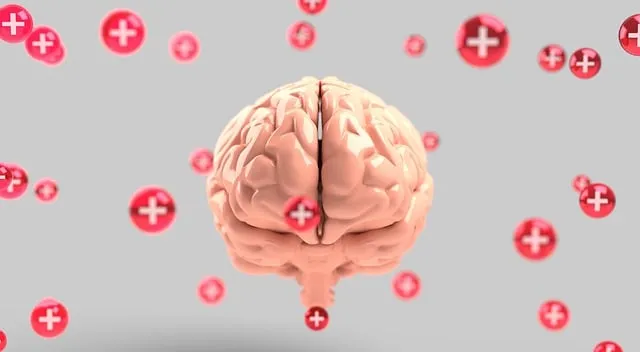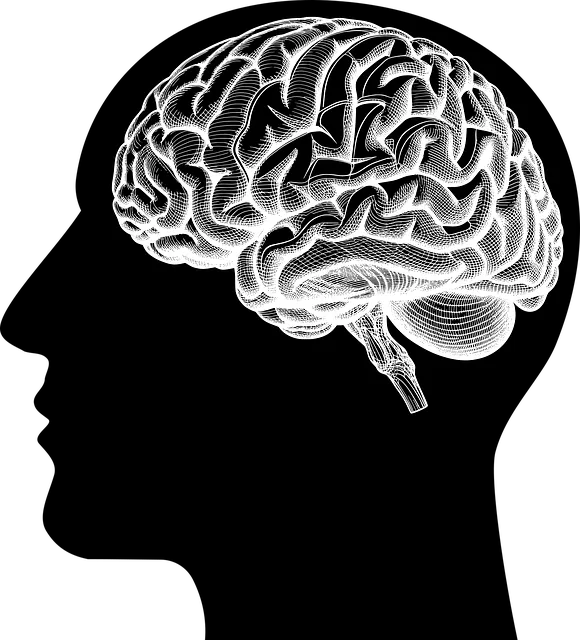Parker Kaiser Permanente mental health center stands out with flexible visiting hours, culturally sensitive services, and holistic care. They offer tailored treatments, including stress management, mindfulness meditation, and social skills training, improving diagnosis accuracy and patient satisfaction. Using technology, community outreach, and staff training, the center enhances cultural sensitivity and addresses diverse needs, transforming mental health care through comprehensive, patient-centered approaches.
Mental illness diagnosis accuracy is a critical aspect of patient care, and continuous efforts are underway to enhance this process. This article explores various initiatives aimed at improving diagnostic effectiveness, focusing on the innovative practices of Parker Kaiser Permanente. We delve into their enhanced mental health care services, including comprehensive strategies, patient-centered approaches, technology integration, and professional training. By examining these efforts, we uncover a holistic approach to ensure accurate diagnoses and better outcomes for individuals seeking support at the Parker Kaiser Permanente mental health center, with convenient visiting hours catering to diverse needs.
- Parker Kaiser Permanente: Enhancing Mental Health Care
- Improving Diagnosis Accuracy: A Comprehensive Approach
- Patient-Centered Strategies for Better Outcomes
- Integrating Technology in Mental Health Assessment
- Training Professionals: The Cornerstone of Accurate Diagnosis
Parker Kaiser Permanente: Enhancing Mental Health Care

Parker Kaiser Permanente stands as a beacon of hope and progress in mental health care. Their dedicated mental health centers offer comprehensive services tailored to diverse needs, with visiting hours designed to accommodate individuals from all walks of life. Beyond conventional treatment methods, Parker Kaiser Permanente emphasizes Cultural Sensitivity in Mental Healthcare Practice, ensuring that every patient receives care that respects their unique background and beliefs. This approach fosters trust and encourages open communication, crucial elements for effective therapy.
The organization also invests significantly in Mental Health Education Programs Design, equipping both patients and healthcare providers with valuable knowledge about mental well-being. These programs delve into topics like stress management and coping strategies, while also promoting the practice of Mindfulness Meditation as a tool for cultivating inner peace and resilience. Through these initiatives, Parker Kaiser Permanente not only enhances diagnosis accuracy but also nurtures a culture of holistic mental health awareness within their community.
Improving Diagnosis Accuracy: A Comprehensive Approach

Improving diagnosis accuracy in mental health is a multifaceted endeavor, and organizations like Parker Kaiser Permanente are at the forefront of these efforts. The mental health center, with its dedicated visiting hours, serves as a hub for comprehensive care and precision diagnostics. Here, a holistic approach is taken to enhance accuracy, encompassing various strategies tailored to the unique needs of each patient.
One key component involves training professionals in social skills and empathy-building techniques. By equipping them with the latest risk assessment tools, these mental health professionals can more effectively navigate complex cases. Social Skills Training, for instance, enables clinicians to foster better patient communication, while Risk Assessment strategies help identify potential red flags, ensuring timely interventions. This comprehensive method not only improves diagnosis accuracy but also enhances patient outcomes and satisfaction during their visiting hours at the center.
Patient-Centered Strategies for Better Outcomes

At the Parker Kaiser Permanente mental health center, a patient-centered approach is revolutionizing care. This strategy places the individual at the heart of their treatment plan, ensuring tailored interventions that address unique needs and challenges. By fostering open communication, healthcare providers create a safe space for patients to express their concerns, fears, and aspirations. This collaborative process enhances trust and engagement, leading to more accurate diagnoses and effective treatment strategies.
In addition to individual therapy sessions, the mental health center offers a range of support services designed to empower patients with tools for managing their well-being. This includes Stress Management Workshops organized by the center, providing valuable insights into coping mechanisms and mindfulness practices. Crisis Intervention Guidance is also readily available, offering immediate assistance during moments of distress. These patient-focused initiatives collectively contribute to improved outcomes, empowering individuals to navigate their mental health journeys with resilience and confidence.
Integrating Technology in Mental Health Assessment

Integrating technology into mental health assessment has emerged as a powerful tool to enhance diagnosis accuracy at centers like the Parker Kaiser Permanente. By leveraging digital platforms and innovative solutions, healthcare providers can now gather more comprehensive patient data, including virtual observations of behavior, mood patterns, and interactions. This real-time information allows for more nuanced evaluations, especially in cases where direct observation may be limited or challenging.
The implementation of a Community Outreach Program and Healthcare Provider Cultural Competency Training, coupled with technology adoption, further strengthens mental health assessment. These initiatives foster better patient engagement, ensure cultural sensitivity, and promote understanding of diverse community needs. As a result, healthcare providers gain deeper insights into patients’ inner strength and resilience, leading to more accurate diagnoses and tailored treatment plans. This holistic approach not only improves individual outcomes but also contributes to the overall well-being of the community, especially in addressing mental health challenges faced by diverse populations.
Training Professionals: The Cornerstone of Accurate Diagnosis

At the Parker Kaiser Permanente mental health center, visiting hours are a testament to their commitment to transparent and accessible care. This cornerstone of accurate diagnosis involves extensive training for professionals, ensuring they possess the skills to recognize nuances in patient presentations. By fostering a culture of continuous learning, the center equips its staff with the latest evidence-based practices, allowing them to navigate complex cases with increased confidence.
Empathy building strategies and mental illness stigma reduction efforts play a pivotal role in this process. Through regular workshops and peer discussions, professionals learn to approach each patient with an open mind, understanding that emotional healing processes vary greatly. This holistic training not only improves diagnosis accuracy but also enhances the overall therapeutic environment, making it more supportive and less intimidating for individuals seeking mental health services.
Mental illness diagnosis accuracy is a multifaceted challenge, requiring comprehensive strategies like those implemented by Parker Kaiser Permanente. By integrating patient-centered approaches, leveraging technology in assessment, and rigorously training professionals, initiatives such as these promise significant improvements in mental health care. Visits to centers like Parker Kaiser Permanente not only offer hope but also contribute to a future where accurate diagnoses lead to more effective treatments and improved patient outcomes.






